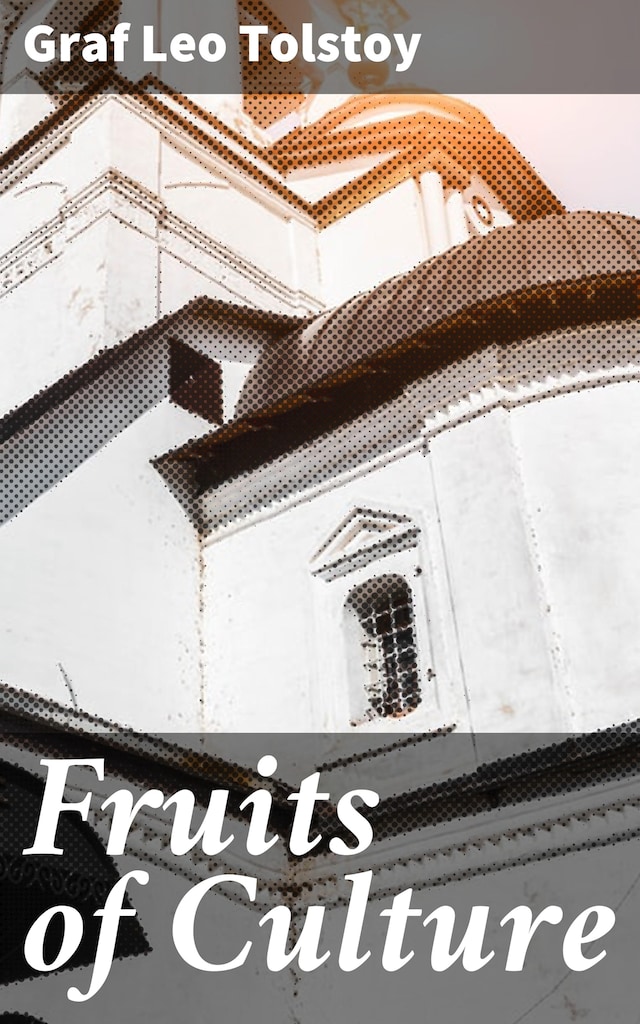
Fruits of Culture
Exploring societal values and moral integrity in Tolstoy's philosophical play
Om bogen
Leo graf Tolstoy's 'Fruits of Culture' is a thought-provoking play that explores the dynamics of societal values and individual moral integrity. Written in Tolstoy's characteristic style of realism, the play presents a group of characters from different social backgrounds who are all gathered under one roof, leading to clashes of beliefs and ideologies. Through witty dialogues and intricate character development, Tolstoy offers a sharp critique of the hypocrisy and shallowness prevalent in society during the late 19th century. The play's exploration of complex moral dilemmas and ethical conundrums makes it a compelling read for those interested in philosophical literature. Tolstoy's skillful use of dramatic techniques and engaging storytelling captivate readers and invite them to reflect on their own values and beliefs. Leo graf Tolstoy, known for his iconic novels such as 'War and Peace' and 'Anna Karenina', showcases his deep understanding of human nature and societal structures in 'Fruits of Culture'. As a prominent figure in Russian literature, Tolstoy's works often reflect his own spiritual and philosophical beliefs, which are echoed in the themes of morality and authenticity present in this play. Tolstoy's commitment to depicting the complexities of human relationships and moral dilemmas shines through in 'Fruits of Culture', making it a compelling literary work that continues to resonate with readers today. I highly recommend 'Fruits of Culture' to readers who enjoy thought-provoking plays that delve into the depths of human nature and societal norms. Tolstoy's keen observations and timeless insights make this play a valuable addition to any literature enthusiast's collection, offering a profound exploration of the intricacies of moral choices and societal expectations.
 Leo graf Tolstoy
Leo graf Tolstoy 102 Sider
102 Sider